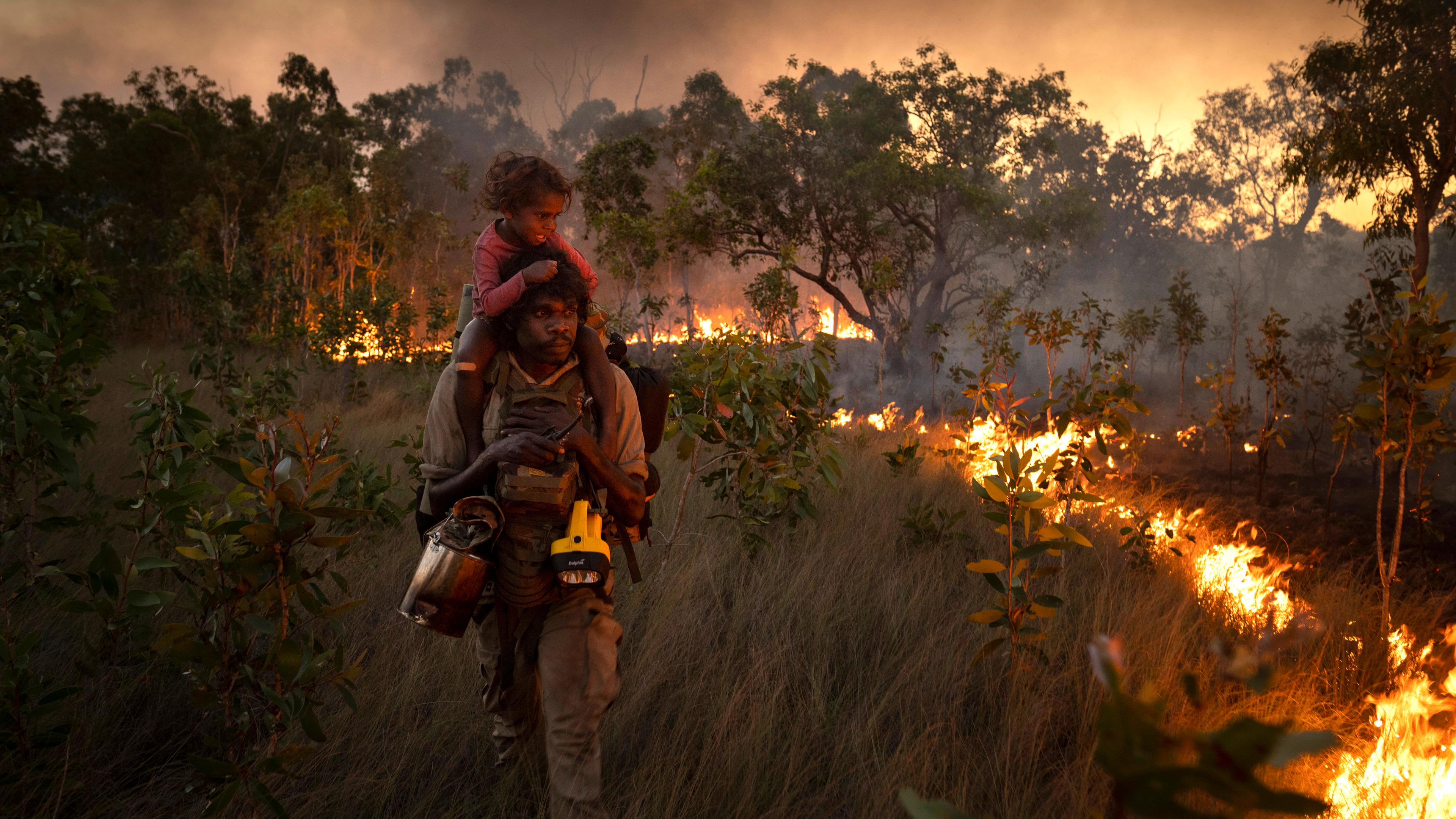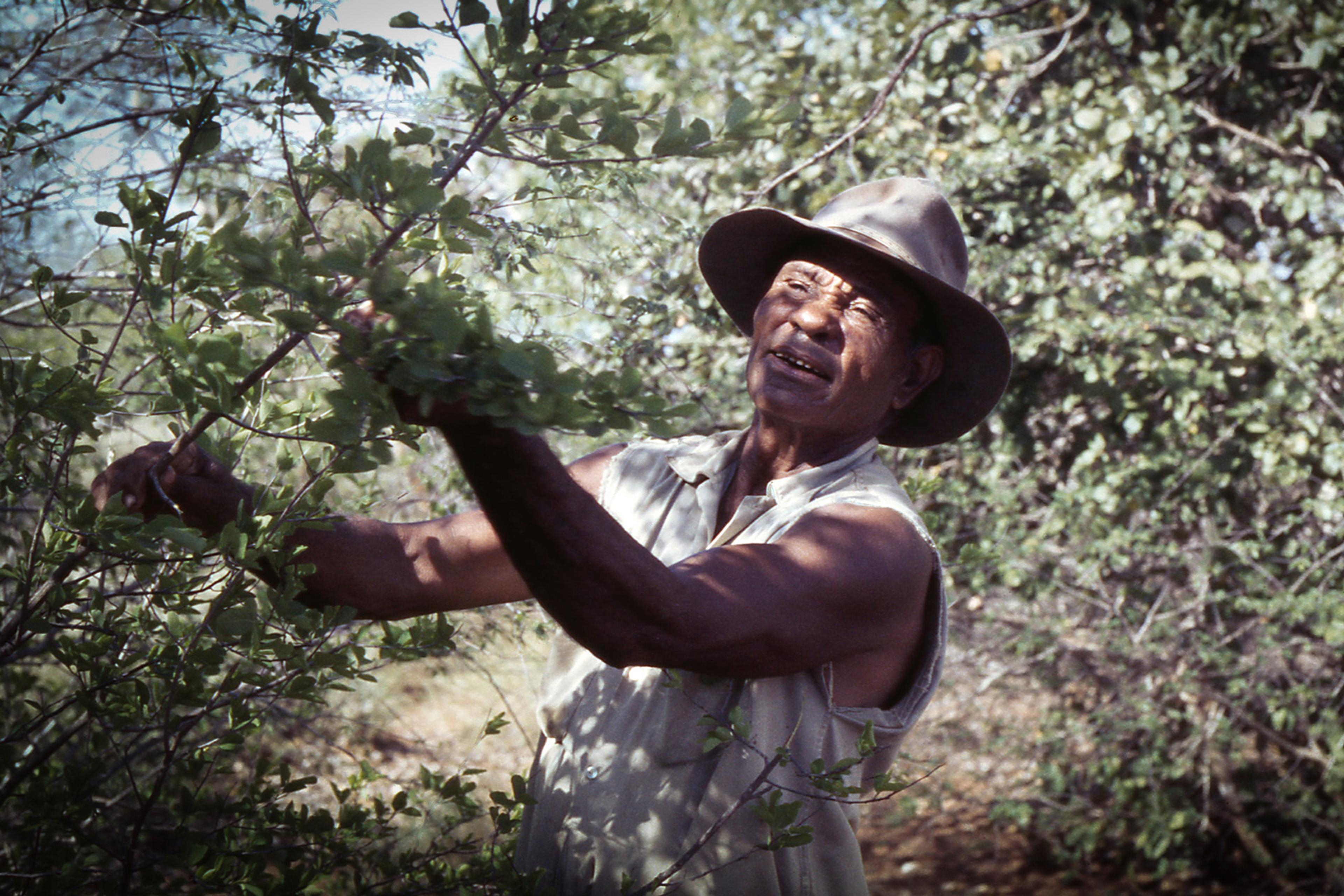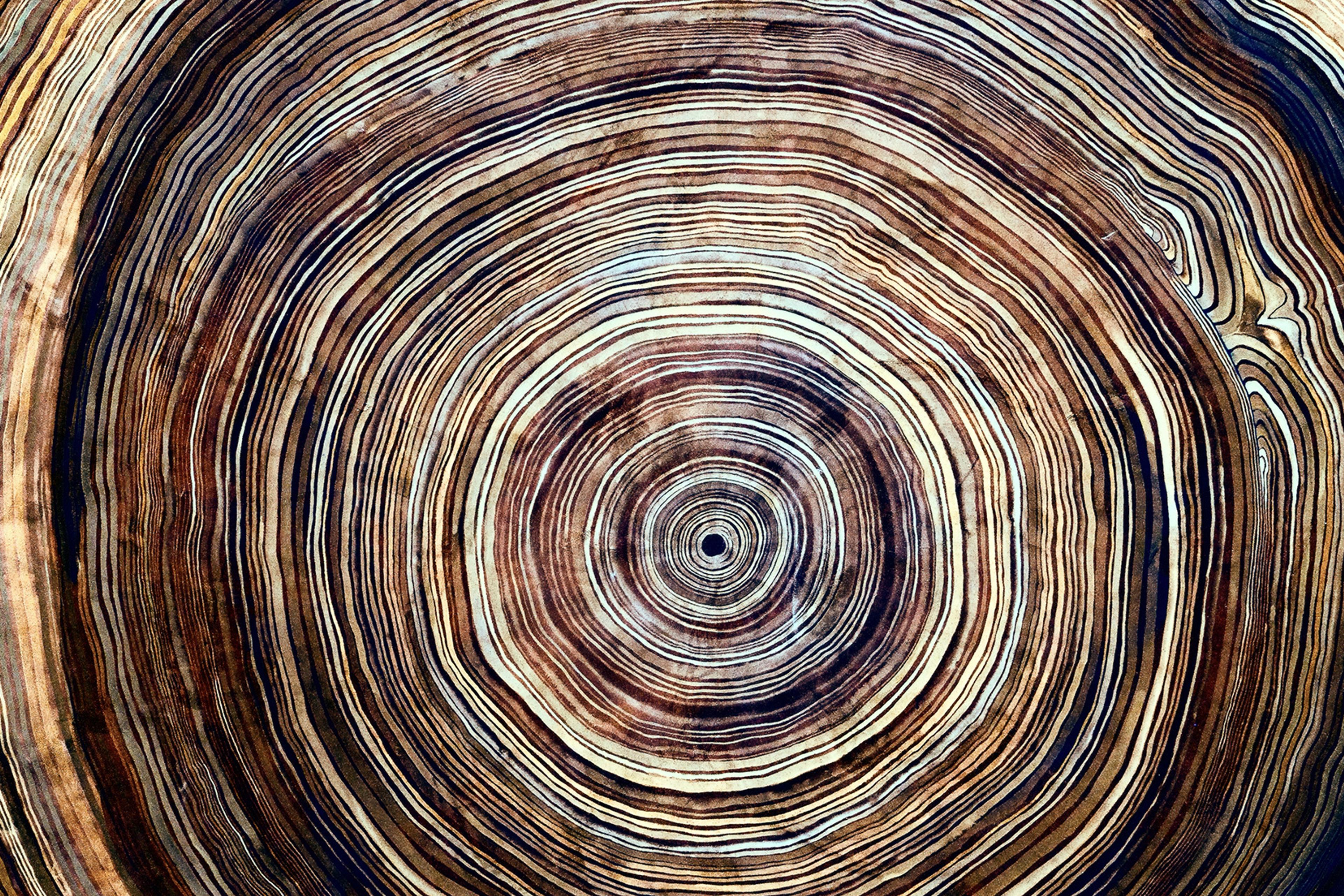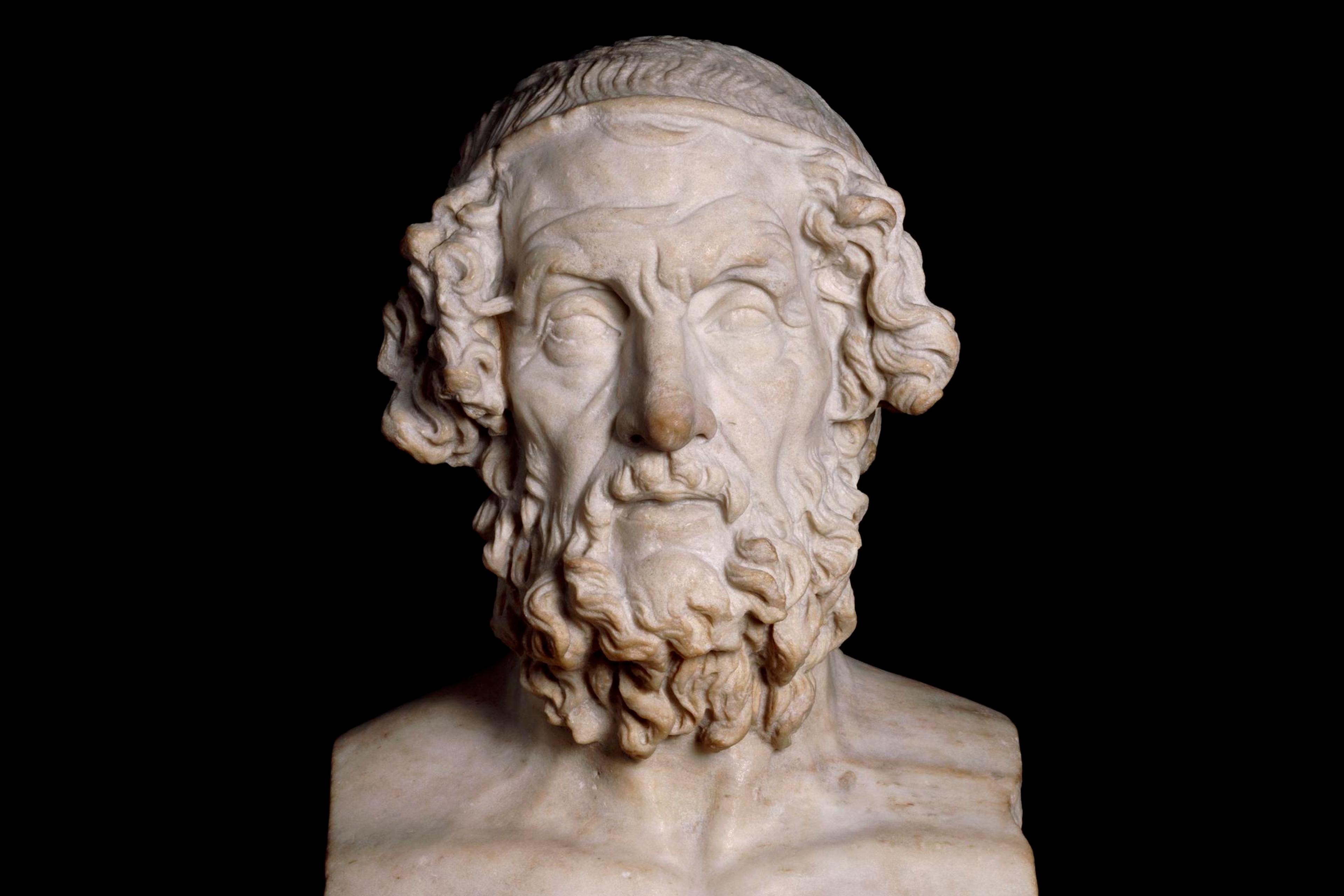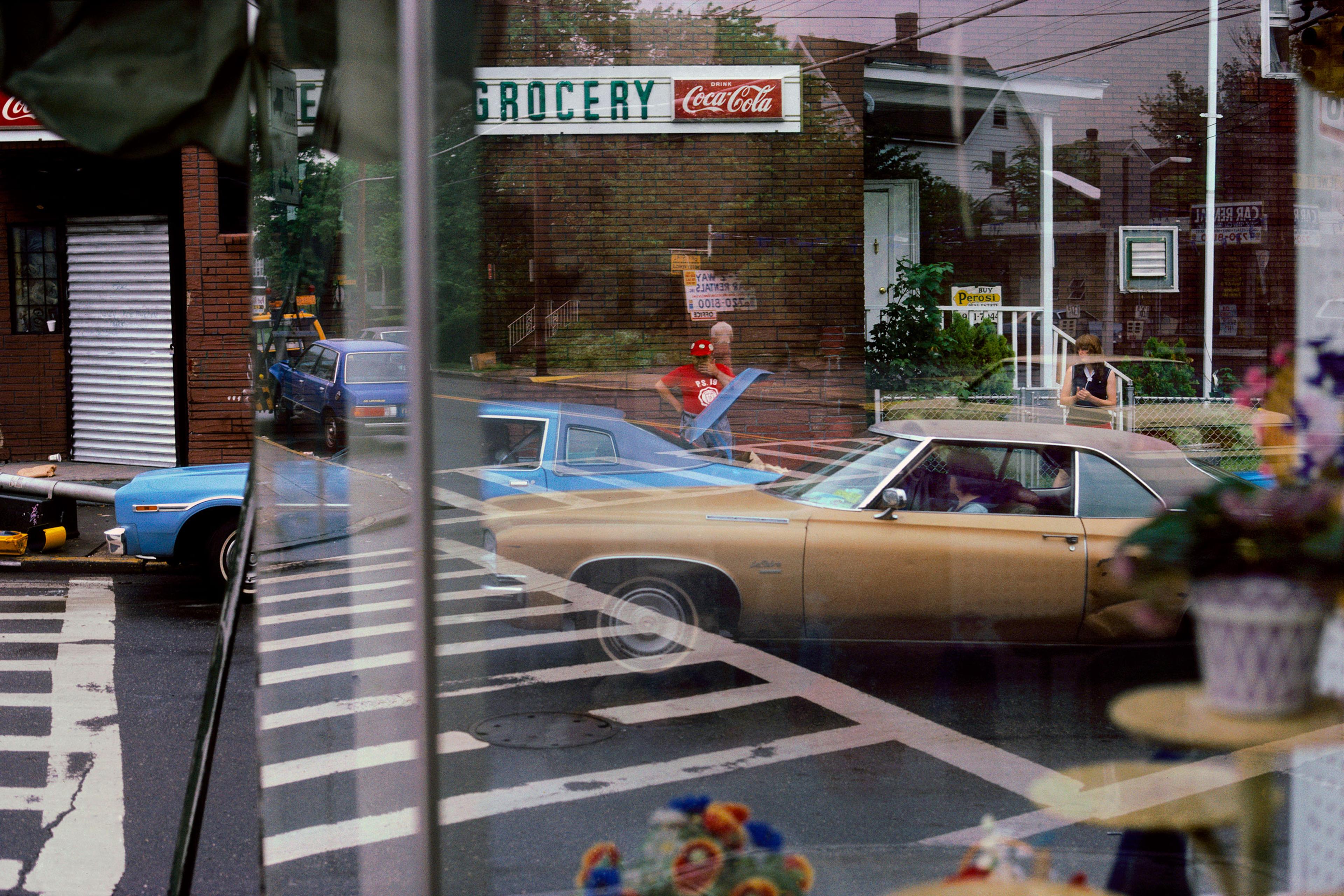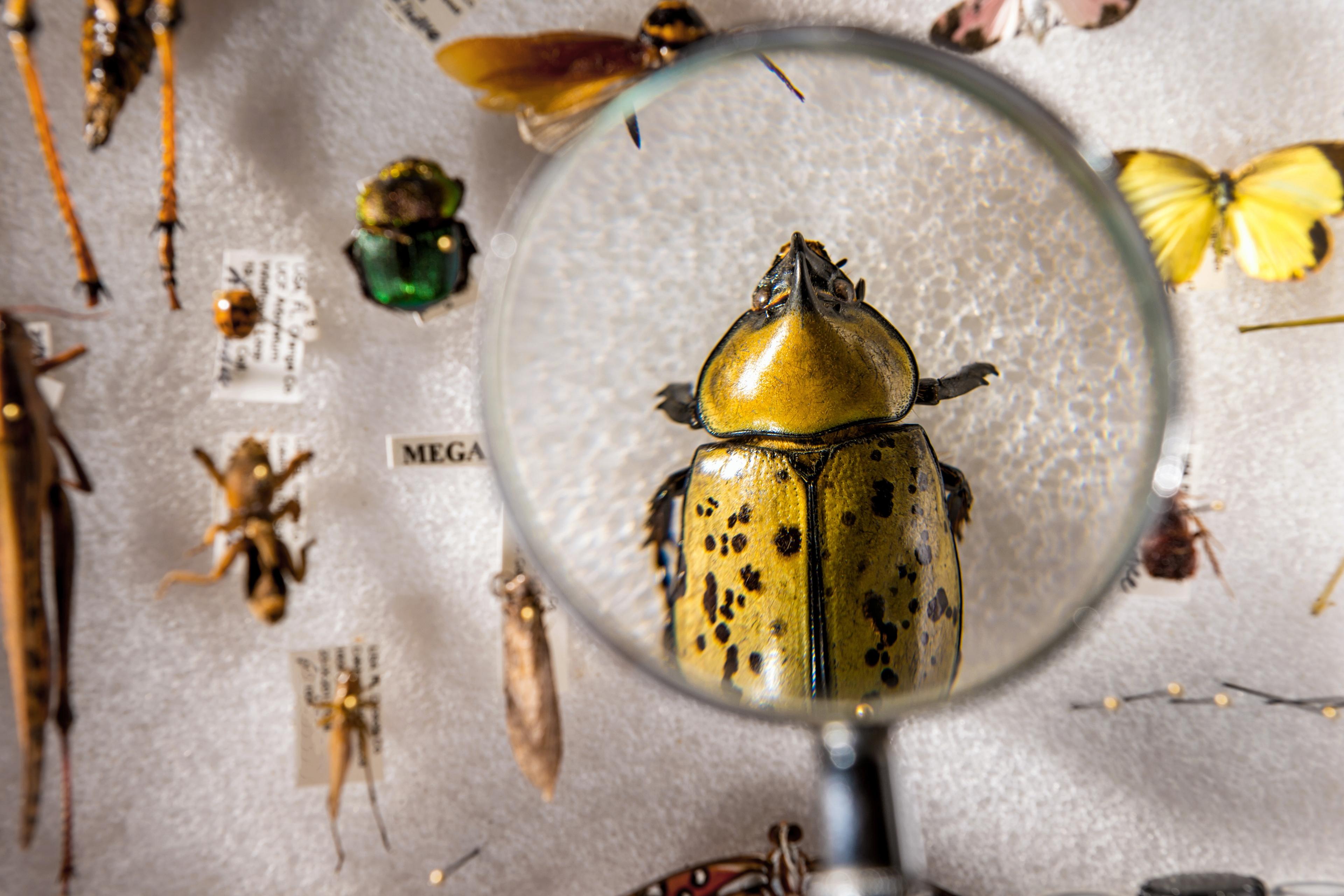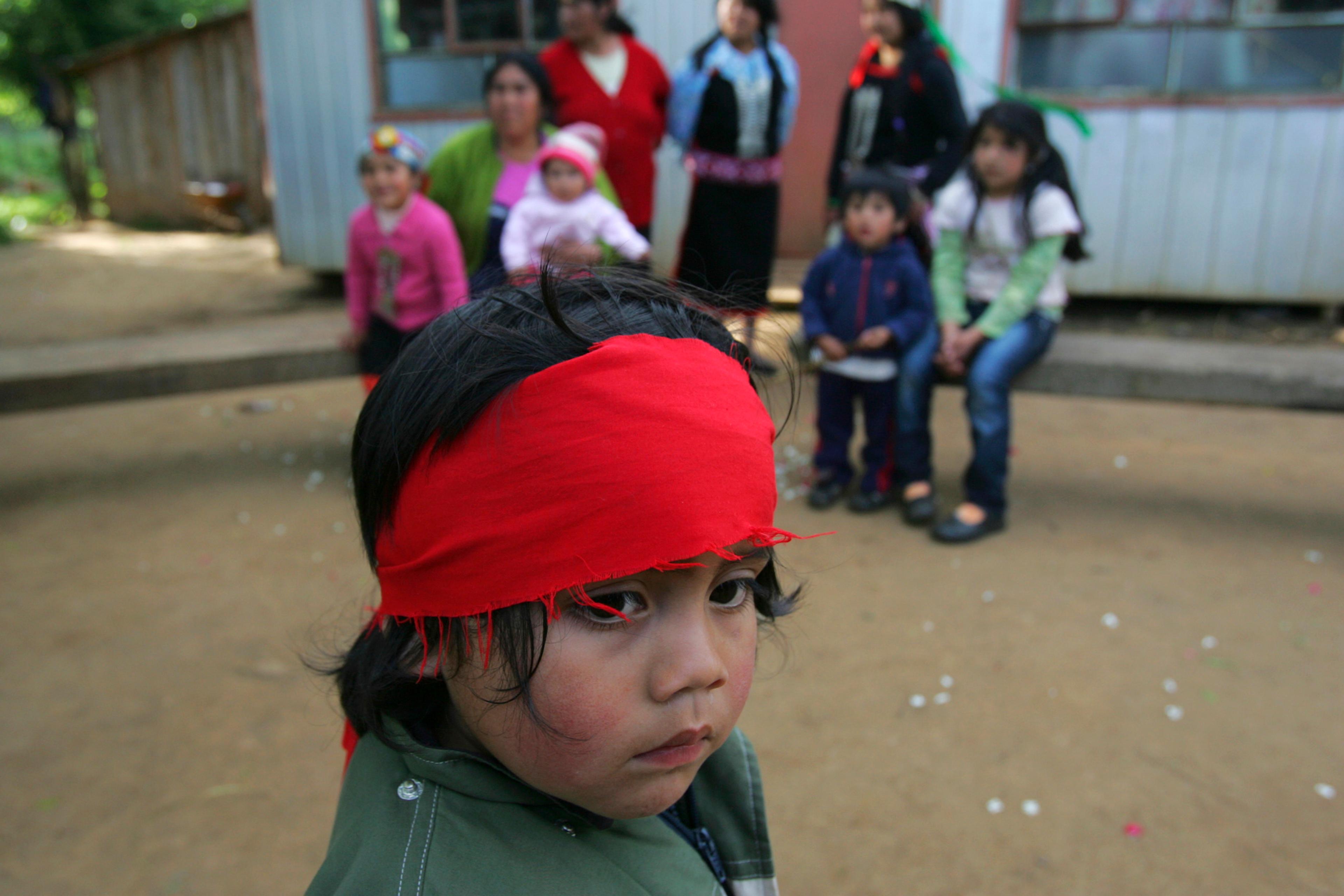What kind of knowledge, if any, can be found in the bite of a March fly? Western approaches to knowledge often take for granted René Descartes’s postulation Cogito, ergo sum – ‘I think, therefore I am.’ In doing so, they typically assume a Cartesian split between mind and body. That is, between the immaterial res cogitans (or ‘thinking substance’, which Descartes equates with the soul), and the material res extensa (‘extended substance’) which makes up the concrete ‘stuff’ of the natural world. Knowledge, if it exists anywhere, exists squarely in the mind – a mind that is wholly untethered from the natural world.
Knowledge, on this view, is abstract and disembodied. It is our immaterial, rational minds that do all the thinking. The world and, by extension, our bodies are comparatively stupid – nothing more than extended matter that our rational minds experience. Along with Isaac Newton’s laws of motion, Descartes’s mechanistic understanding of nature has served as a key pillar of scientific materialism, the dominant scientific paradigm of Western societies. Such a worldview, however, ultimately serves to separate humanity from nature and, by virtue of this, from ourselves (if we understand ourselves as ‘natural’ rather than just ‘rational’ beings).
Although Western conceptions of knowledge today may not be explicitly Cartesian, there is nevertheless a residual Cartesianism that infects our everyday understandings of the world. It is a hierarchical mode of thought that both expresses and informs the values of our culture. For instance, the idea that the mind exists over and above the natural world is often revealed in throwaway affirmations such as ‘mind over matter’. We may find ourselves casually reverting to dualistic descriptions of our bodies as though we were card-carrying Cartesians – retiring athletes are particularly guilty of this: the mind wants to go on, but the body is letting me down.
But this is not the only way of understanding ourselves and our world. Indeed, there are many alternatives we can look to, both from within and beyond the Western intellectual tradition. Rather than taking these in isolation, we can attempt to see them together as allied modes of thought. In a recent paper, I explored such connections through consideration of the complementary insights that can be found in the works of the English mathematician Alfred North Whitehead, the French existentialist Maurice Merleau-Ponty, and the much older wisdom of traditional Indigenous Australian knowledges – or what the Australian anthropologist Deborah Bird Rose referred to as an ‘Aboriginal land ethic’. This is Rose’s way of summarising the rich and complex knowledge systems of the Indigenous communities with whom she lived and studied: the Ngarinman and Ngaliwurru people from the Yarralin and Lingara communities in the Northern Territory of Australia. This is a knowledge system that understands that soils, waters, plants and animals – in short, what Descartes relegates to res extensa – have both a moral and an intellectual value. That is, they have something important to say.
Central to the seasonal knowledge of the Yarralin people is the idea that ‘separate but simultaneous events stand in a communicative relationship to each other.’ For instance, one type of fly, when it bites you, is ‘telling you that [crocodile] eggs are ready’, while another type of biting fly ‘tells you that the bush plums are ready’. On this understanding, events in nature are neither isolated nor meaningless, but rather encoded with a kind of call-and-response rhythm that conveys knowledge across a wider ‘system’ of nature. As Rose notes: ‘This system of information is based on messages sent out by different agents within the system, “telling” about the system.’
The word that many Indigenous Australian groups use to characterise such a system is the deceptively simple term ‘Country’. Understood as a ‘lived in and lived with’ place, Country is described by Rose as a ‘living entity’ that ‘knows, hears, smells, takes notice, takes care’ and which can even be ‘sorry or happy’. Such an understanding of nature, and our place within it, is starkly opposed to the Cartesian conception of knowledge and nature.
The cane or the typewriter are literally ‘incorporated’ as appendages of the lived body
This localised, embodied way of knowing ourselves and our surroundings is mirrored in the work of Merleau-Ponty in the 20th century. We find this most clearly expressed in his account of habits, and the processes of habituation that our bodies undergo when we familiarise ourselves with certain objects. Consider his example of a blind person and a cane they use to feel (and thus understand) their surroundings. As Merleau-Ponty puts it in Phenomenology of Perception (1945):
When the cane becomes a familiar instrument, the world of tactile objects expands, it no longer begins at the skin of the hand, but at the tip of the cane … the cane is no longer an object that the blind man would perceive, it has become an instrument with which he perceives. It is an appendage of the body, or the extension of the bodily synthesis.
A similar account is in Merleau-Ponty’s example of a typist and their typewriter. He notes that ‘the subject who learns to type literally incorporates the space of the keyboard into his bodily space’ (emphasis added). Such is the connection between the individual and the objects that such objects may be seen to function as an extension of the lived body. That is to say, not only do the cane or the typewriter cease to be ordinary objects, they are literally ‘incorporated’ as appendages of the lived body.
The knowledge of the cane, however, is not an intellectual knowledge – it is a knowledge that resides ‘in the hands’. We feel with a cane; we don’t necessarily ‘think’ with it. Yet it tells us something vitally important about the world in which we live. Likewise, the knowledge of how to type is not an intellectual knowledge per se. We’re more likely to make mistakes when typing if we overthink it – if we act like a Cartesian soul piloting a mechanical body. According to Merleau-Ponty, habituation reflects a more primordial, more concrete form of knowledge in the flesh of our bodies that underpins our more abstract thought. He takes this notion further in his later, unfinished works through the idea of la chair du monde – the flesh of the world – whereby the flesh of my body and the flesh of the world are said to be made from la même étoffe – the same stuff. Such objects become inherently familiar – a familiar something to which I might respond as ‘flesh responding to flesh’.
There is evidence to suggest that Merleau-Ponty’s notion of ‘flesh’ was partially inspired by the process philosophy of Whitehead. Process philosophy holds that fundamental reality is composed of processes rather than things. Inspired by advances in science that cast doubt on the rigid Cartesian/Newtonian worldview (such as developments in quantum physics and Albert Einstein’s theory of relativity), Whitehead identified the need for a new metaphysics to account for the new, non-mechanistic sciences of the 20th century. Insofar as the world we experience is understood to be constituted by a complex web of open and interrelated processes, Whitehead’s is a metaphysical scheme in which every event, every occurrence – no matter how small or seemingly insignificant it may appear to us – is understood to be meaningful in and of itself and, by virtue of this, for the world within which it is enmeshed. Accordingly, there can be no clean-cut distinction between the events of nature.
Rather than the ‘dead’ nature of scientific materialism, Whitehead presents a view of nature as ‘alive’ – a nature that is dynamic, unfolding, and in constant dialogue with itself. In this respect, Whitehead would even refer to his metaphysical scheme as a ‘philosophy of organism’. In the philosophy of organism, rather than brute and lifeless matter, nature itself (from the molecule to the honeybee) is understood to be composed of ‘drops of experience’. As with Merleau-Ponty’s philosophy of flesh – and although the vocabulary and cultural starting point is vastly different – this characterisation of the natural world may sound something like Indigenous Australian conceptions of Country.
Adopting a ‘process’ phenomenology informed by Whitehead provides a new way of interpreting Merleau-Ponty’s insights when it comes to habituation. Whereas for Merleau-Ponty, knowledge was ‘in the hands’ – in the body – a Whiteheadian reading enables us to extend this further, to say that knowledge is not only in our flesh, but in the flesh of the world that, according to Merleau-Ponty, is made from the same stuff as the flesh of the body. Rather than a dualistic relationship, we become ‘one’, in a sense, with the cane.
We might hope to transcend the Cartesian paradigm both from within and beyond the Western tradition
Similarly, when bitten by the March fly, we become – or more accurately, already were – one with the landscape, with the broader ‘system’ of Country. In this way, an Aboriginal land ethic seems to suggest that there is a knowledge in the land – in the living and breathing landscape that gives birth to us as the mother of us all. Rather than a dualism, we instead find a duality to the March fly’s bite. On face value, there is a visible annoyance – a bite – but there is also an invisible signification; a knowledge that is available to those who are habituated to the land and thus to a particular way of knowing.
Despite its prevalence in Western culture, Cartesian dualism has received much criticism both from within and beyond the Western philosophical tradition. While such criticisms may provide compelling alternatives to the Cartesian worldview on their own, putting these traditions into dialogue with one another can assist us in developing an intercultural language through which we might hope to transcend the Cartesian paradigm both from within and beyond the Western tradition.
Just as there is something valuable to be gained by putting Whitehead and Merleau-Ponty into dialogue with one another, there is also much to be gained from putting these ideas into further dialogue with non-Western knowledges. Indigenous knowledge invites us to not only feel the bite of the March fly and wonder what Country might be telling us – it also provides an opportunity for us to listen to those who already possess this knowledge. So, next time you’re stung by an insect, don’t swat the messenger – instead, consider what it might be telling you about yourself and the world in which you live.
